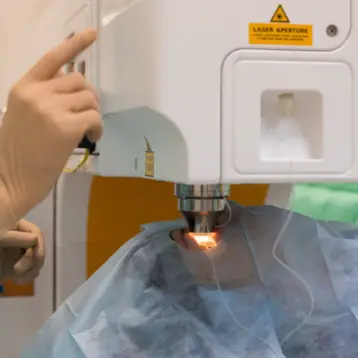|
Two percent of deaths caused by cancer are due to Melanoma, which is a skin cancer, and is the eighth most common cancer. The main treatment for melanoma today is surgical removal of the tumors. However, if metastases develop the median survival time is 6-12 months, and less than 10% of the patients survive more than 5 years. Previous treatment of the metastases included the use of vaccination in a non patient-specific way. The treatment increased the survival period to 37 months. The patient-specific vaccination developed by the Hadassah ad Hebrew University team has succeeded in increasing the median survival time to 53 months. In fact, some of the patients have had no signs of the disease for more than 5 years.
The Israeli team, headed by Dr. Michal Lotem and Professor Tamar Peretz, has created tumor specific vaccination to fight the spread of melanoma. A sample of the tumor was taken and used to produce tumor specific antigens. The antigens were then introduced to the patient’s immune system and helped it recognize tumor cells and fight them. In this method, following vaccination, the immune system will attack any tumor cell found in the body, but will not succeed in removing large tumors. The experiments show that as long as the immune system “remembers” the signal it has received in the form of the antigen it fights to destroy the tumor metastatic cells with a high rate of success. Fifty percent of the patients that had a good response to the vaccine showed no symptoms of melanoma within the next five years.
By using the vaccine and by early detection of melanoma the Israel Cancer Association hopes to prevent melanoma among the general population. The vaccine is planed be used against colorectal cancer as well in the near future.
TFOT previously wrote about a number of other methods that use the body’s immune system to fight cancer. An article that explains how it works can be found here. One example is the new interferon created by a team at the Weizmann Institute. More TFOT news on the relationship between cancer and the immune system can be found here and here.










